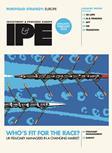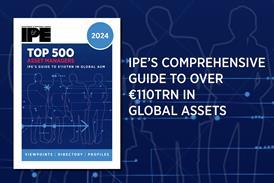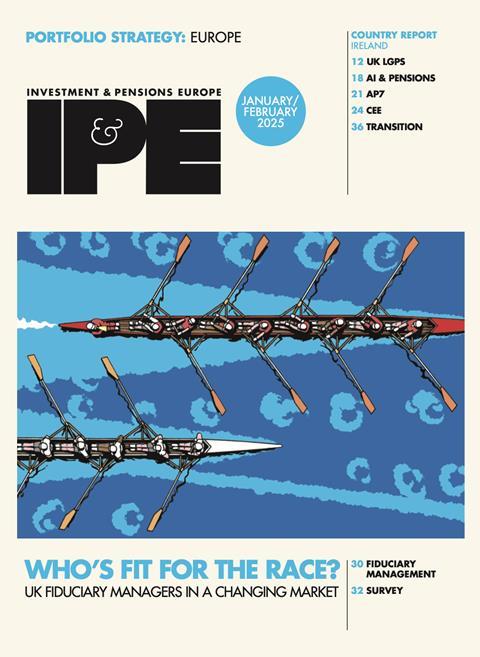Comment
IPE’s columnists and guest writers dig into the hot topics for the pensions and investment industries with thoughtful commentary and reaction from around the world
AI poised to revolutionise pension systems
The global pension landscape is at a crossroads. With over $55.7trn (€54trn) in assets under management across 22 major economies, pensions are integral to global capital markets.
From the editor
A bulwark against pensions populism
Increased longevity and declining birthrates are societal trends that can be experienced in insidious ways. It’s harder to get a doctor’s appointment or a diagnostic healthcare test. Schools are downsizing and closing.
Viewpoint
UK fiduciary management industry needs to expand
The idea that too much choice limits freedom, known as the paradox of choice, is a powerful one. But the opposite is true as well, especially when it comes to the UK fiduciary management industry.
A gloomy outlook for German pension reforms
The collapse of Berlin’s ‘traffic-light’ coalition of Social Democrats (SPD), Greens and the liberal FDP late last year brought to an abrupt end a pension reform process that was proceeding slowly but surely.
The new face of Australia’s corporate super funds
Australia has seen the number of corporate pension funds shrink significantly over the years, but recent mergers with industry funds are giving new life to the sector
Could DB pension plans make a comeback in the US?
This year will see developments in the US DC market, but the renaissance of DB plans is set to continue
The importance of board decisions in an uncertain world
In the foreword to this new book, the CIO of CERN Pension Fund, Dr Elena Manola-Bonthond, says that, in her experience, investment alpha is scarce and very often difficult to access. It can be costly and its persistence is sometimes questionable. But there are other types of alpha that are more accessible and governance alpha is definitely one of them.
Book review: The Financial Markets of Ancient Egypt – Risk and Return
“If men could learn from history, what lessons it might teach us. But passion and party blind our eyes.”
Bookmarks
Add articles to your page by bookmarking a page. Simply click the icon on articles or the search results.

Could DB pension plans make a comeback in the US?
This year will see developments in the US DC market, but the renaissance of DB plans is set to continue
Future of ESG investing in doubt following decisive Trump victory
In the past two years, an anti-ESG backlash has grown strong roots on the American right.
Australians seek €3.1bn in lost superannuation contributions
In 2021-22, one in four Australian workers missed out on their superannuation contributions. The total lost was A$5.1bn (€3.1bn), despite the country having a compulsory superannuation system.
Big Swedish providers raise pension switch worries
Pension transfers are big business in Sweden, and the market could be described as booming right now.
German pension reforms in limbo after coalition government collapse
The collapse of Germany’s three-way ‘traffic light’ coalition in November opens questions about the fate of the pension reforms it had drafted over the past couple of years. The government, led by Olaf Scholz, started in 2021 with a mission to reinforce the capital-funded component of the pension system.
The private credit market needs careful monitoring
European institutional investors seem to be in a bind. Equities performed well this year, but market concentration remains at record levels and many investors expect a correction. Returns from bonds have been mostly positive, but that could change if inflation flares up again. The real estate market may be starting to recover, but it is early days, and the recovery may not be linear.
Preparedness: a new asset class?
Wars are famously costly. Most people would agree that preventing them is infinitely preferable to paying for them.
Will pensions save the savings and investments union?
One only needs to glance over the first page of the recent Draghi report on European competitiveness to find that the European economy is in crisis.
The size of Australia’s super funds could threaten the financial system
Australia’s central bank has warned that rapid growth of the nation’s superannuation system could “amplify” shocks to the country’s financial stability.
Endowment funds stick with alternatives despite headwinds
Disappointing returns in the last fiscal year may force US university endowments to rethink their investment strategies, but could this include moving away from the so-called Yale model that focuses on alternative investments?






















